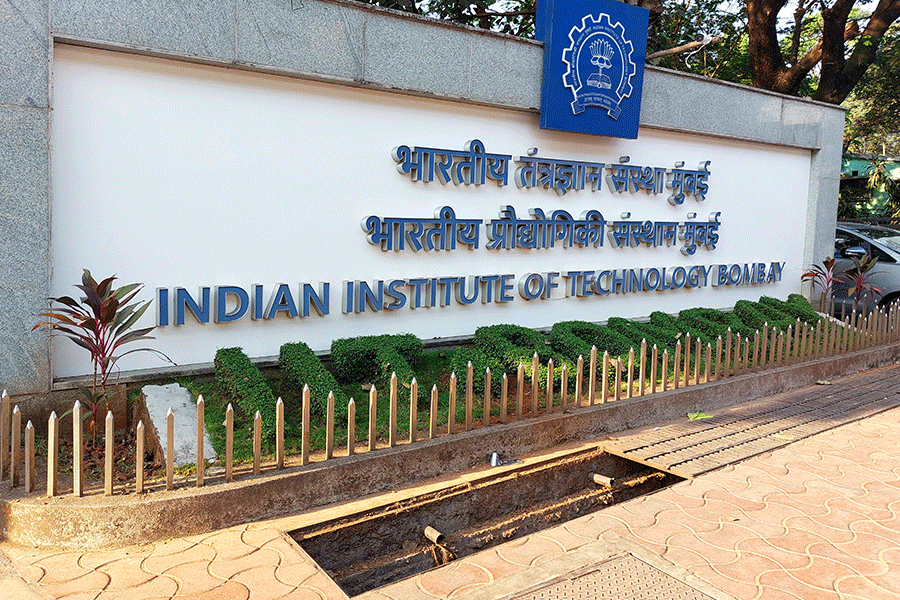 |
| A woman brewing country liquor |
Jorhat/Dibrugarh, May 12: The winds of change are blowing across tea gardens and tradition-driven villages of Assam.
In Golaghat district, labourers of two tea estates have banned the sale of country liquor. In Tinsukia, the district administration has declared a village “opium-free”.
Both of these are small, albeit significant, instances of a change in the mindset of people who have long been tied to habits or tradition.
The labourers of Latabari and Bokakhat tea gardens took the decision to make their localities “alcohol-free” on May Day. Bokakhat sub-divisional officer D.K. Nath told The Telegraph that the administration was contemplating rewarding the labourers of these two estates. “We have already sent the proposal to the state government,” he said.
Consumption of hooch is a habit with most tea garden labourers and considered to be the main reason for the community’s backwardness. More people die of hooch-related causes in tea gardens than anywhere else in the state.
With the literacy rate being low, most tea garden labourers spend their hard-earned money on liquor instead of finding a way out of poverty. “It is not that tea labourers are poorly paid. The net income of a family employed by a garden is enough to make ends meet. But the bulk of the salary is spent on buying hooch,” Nath said.
The Assam Tea Tribe Students’ Association has been trying to wean away garden labourers from country liquor through various means. “We often destroy liquor dens and punish people who sell hooch,” the organisation’s general secretary, Kamakhya Prashad Tasa, said.
The student leader said that unless tea labourers kicked the habit of consuming country liquor, they would continue to wallow in poverty and the “ruling class” would take advantage of this. “It has been so since the day of the British Raj and will continue,” he said.
When Tinsukia deputy commissioner Bhupendra Nath Das declared Kahijan Gaon near Kakopathar in Upper Assam’s Tinsukia district an “opium-free” village, it was a big moment for the Moran community and Probohan, a Tinsukia-based organisation whose general secretary, Rana Changmai, had led the crusade.
Officials of the United Nations International Drug Control Programme and other dignitaries attended the function where the announcement was made.
“When we conducted a survey and an awareness programme in March 2002, there were 115 hardcore opium addicts at Kahijan Gaon. Seven of them volunteered to attend a 15-day detoxification camp in Tinsukia in September that year, which gave a fillip to our campaign,” Changmai said.
After giving up the habit, these seven persons started a social movement that inspired the remaining opium addicts to start life anew. Two other villages later followed the example set by Kahijan Gaon, which is about 50 km from the district headquarters and has a population of 1,250, most of them from the Moran community.
Satyendra Prasad, deputy secretary in the Union ministry of social justice and empowerment, and Renate Ehmer, regional representative of the United Nations Office on Drug and Crime’s South Asian chapter, jointly declared Sonjan and Kathalguri villages “opium-free”.
These two villages, bordering Lohit district of Arunachal Pradesh, had a sizeable number of addicts earlier. “We need to maintain the tempo of our campaign to rid the other villages of the problem of opium addiction,” Changmai said.
The Britishers had introduced tribes in this part of the country to opium.










